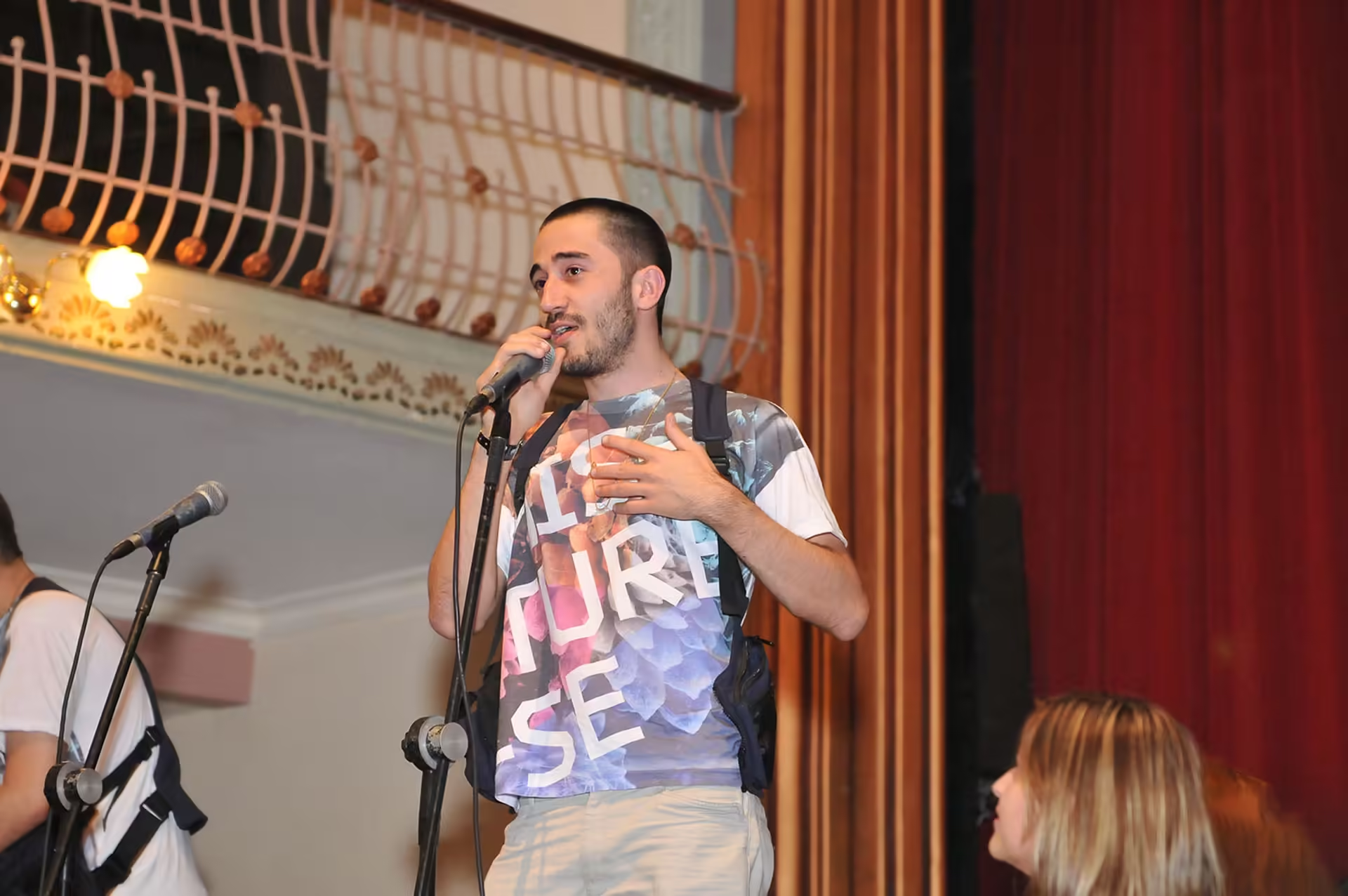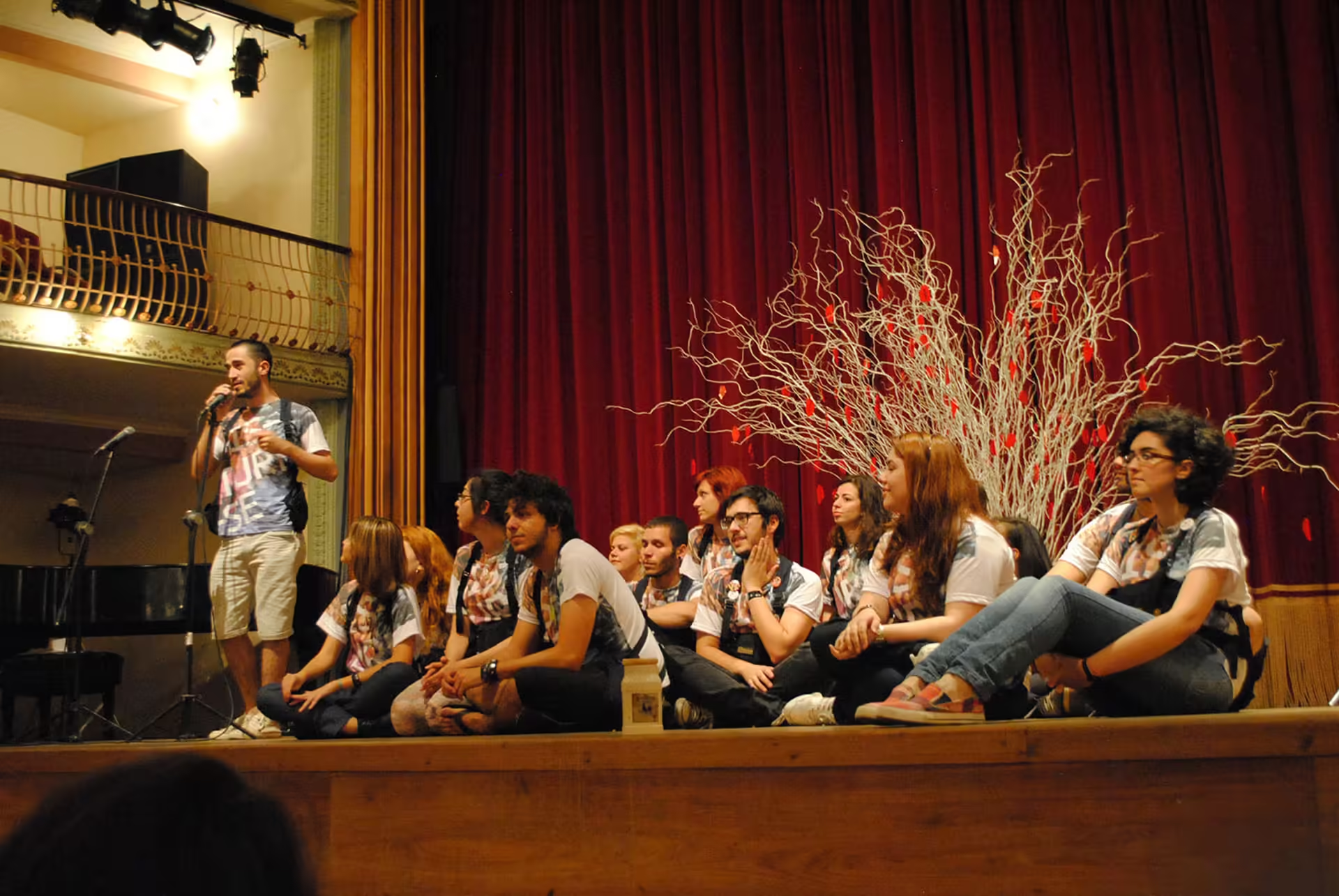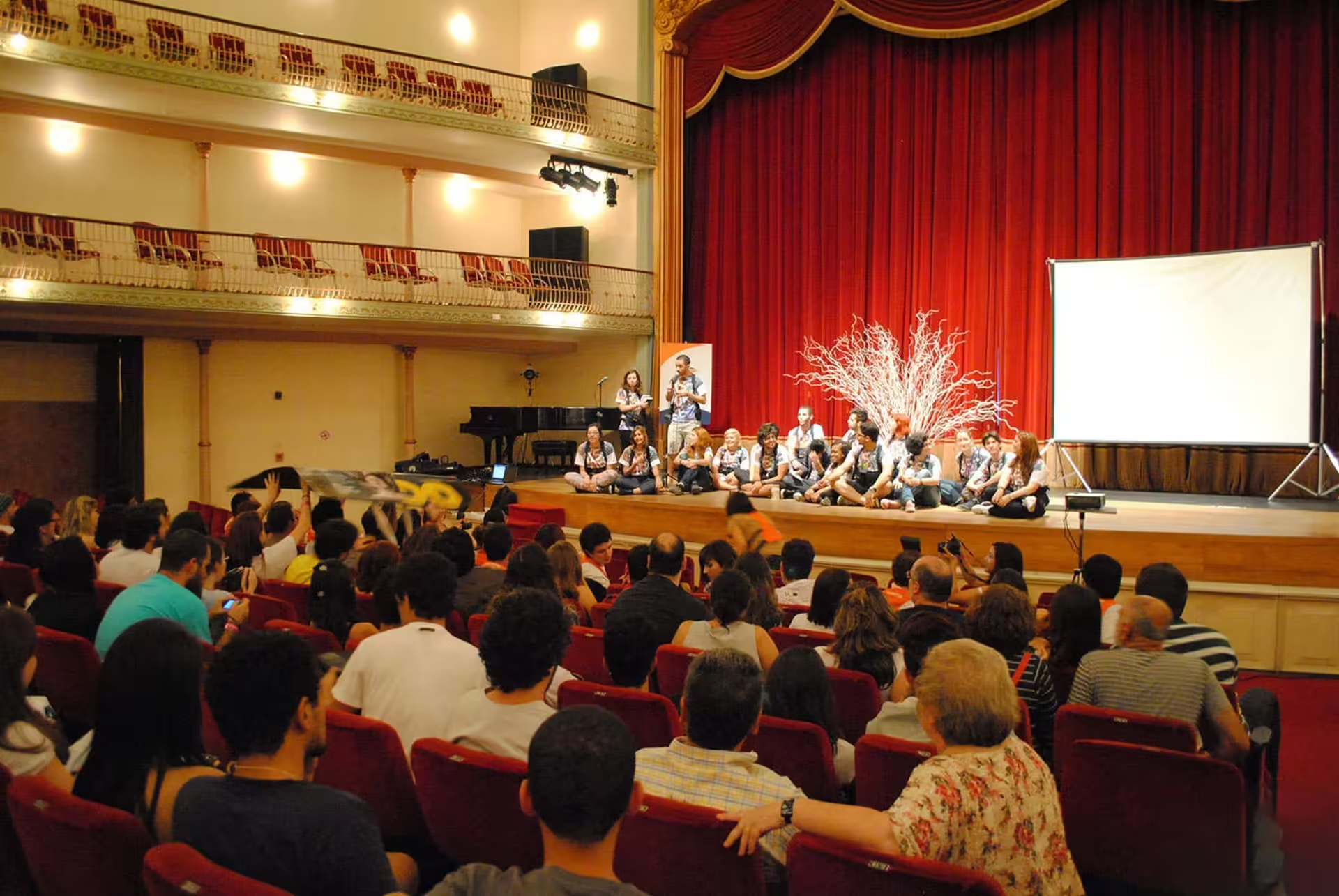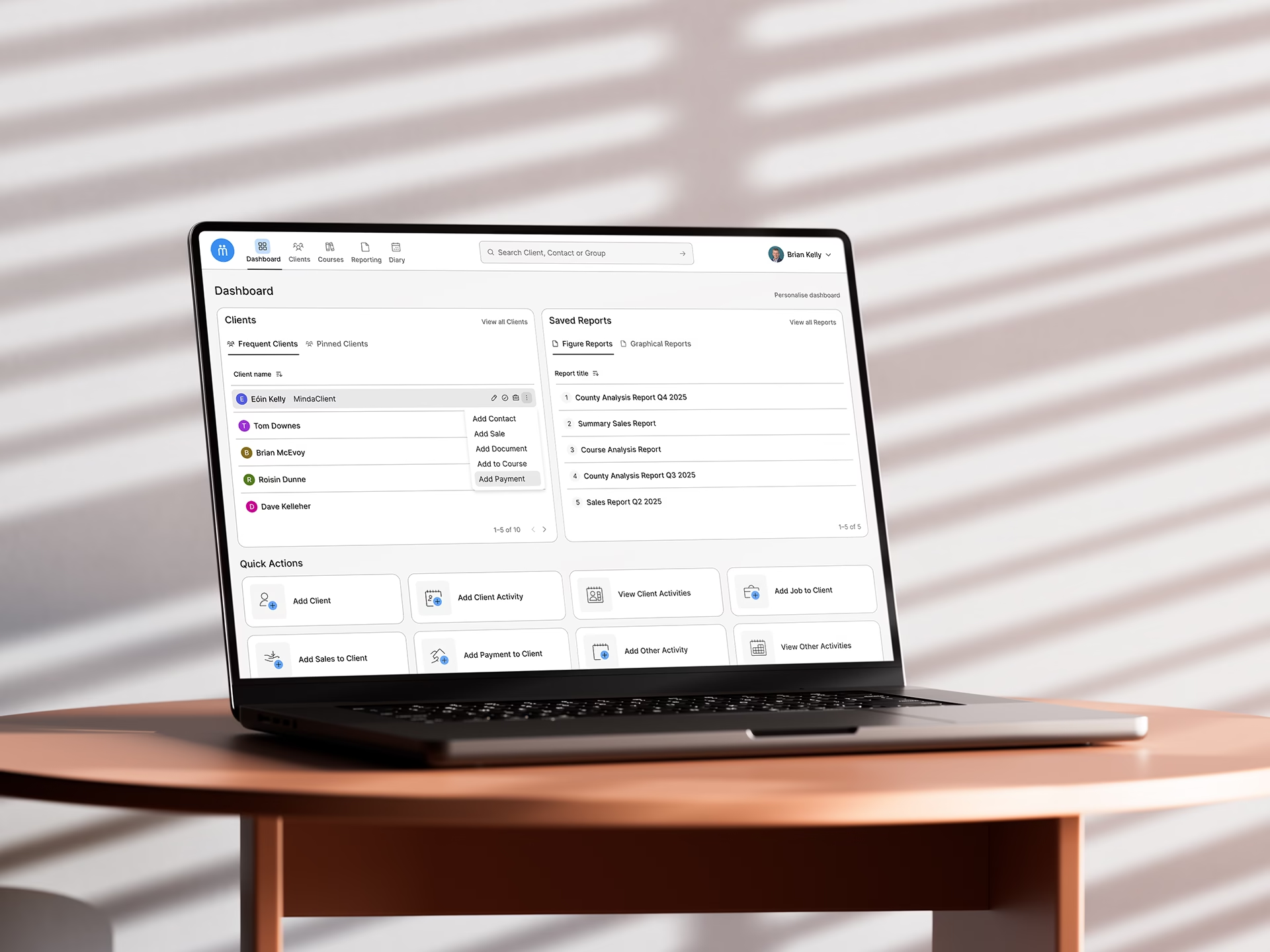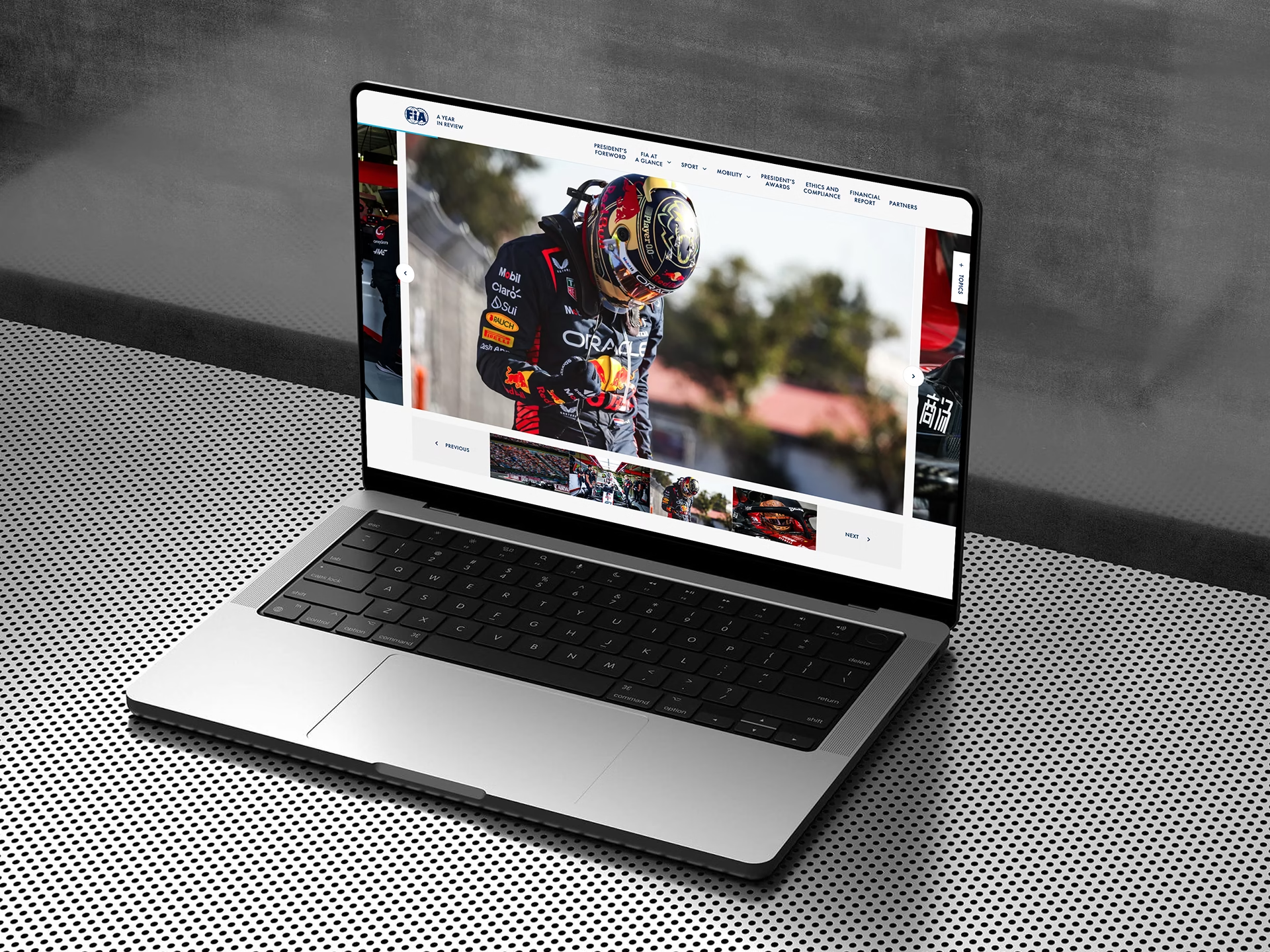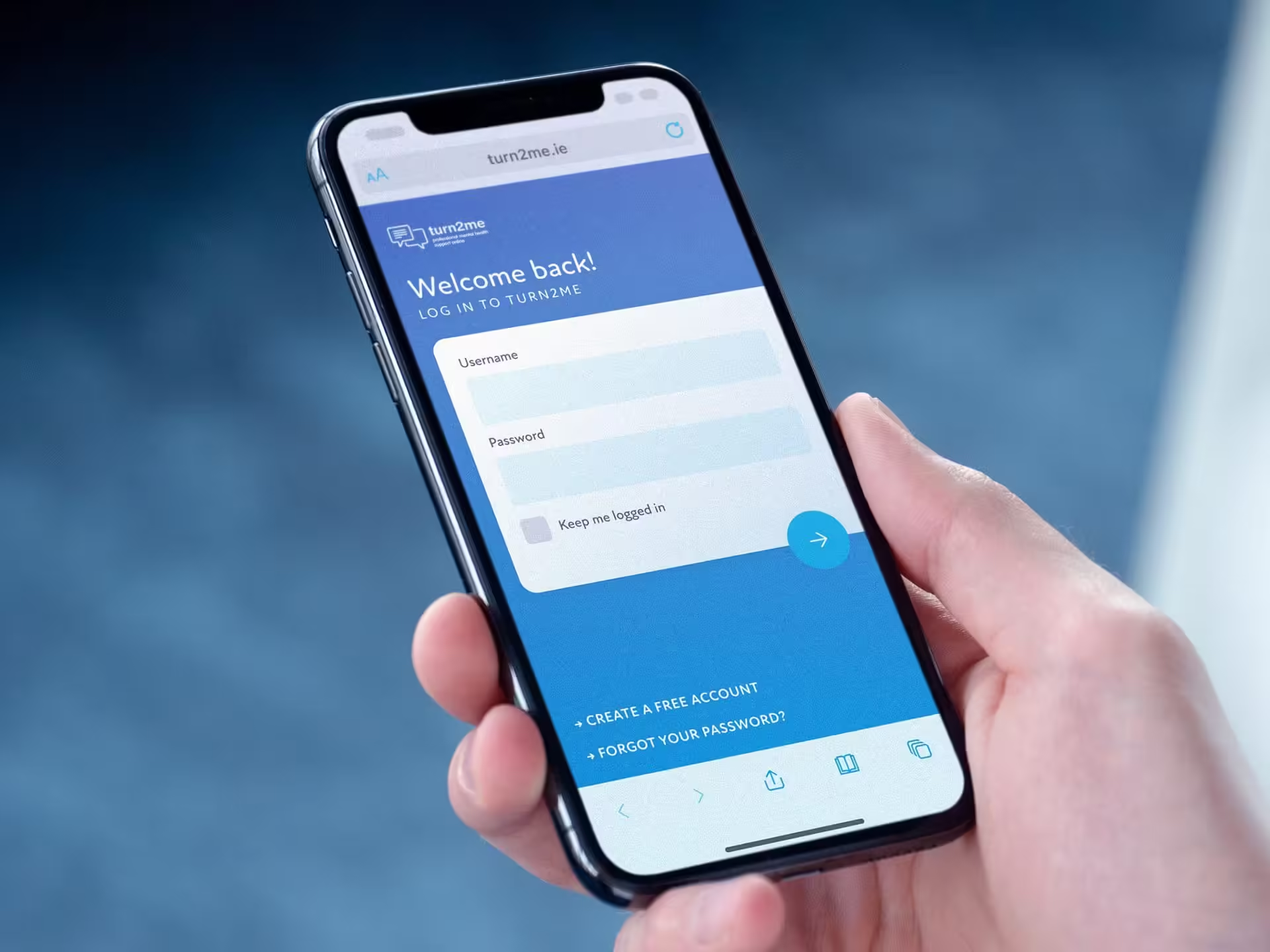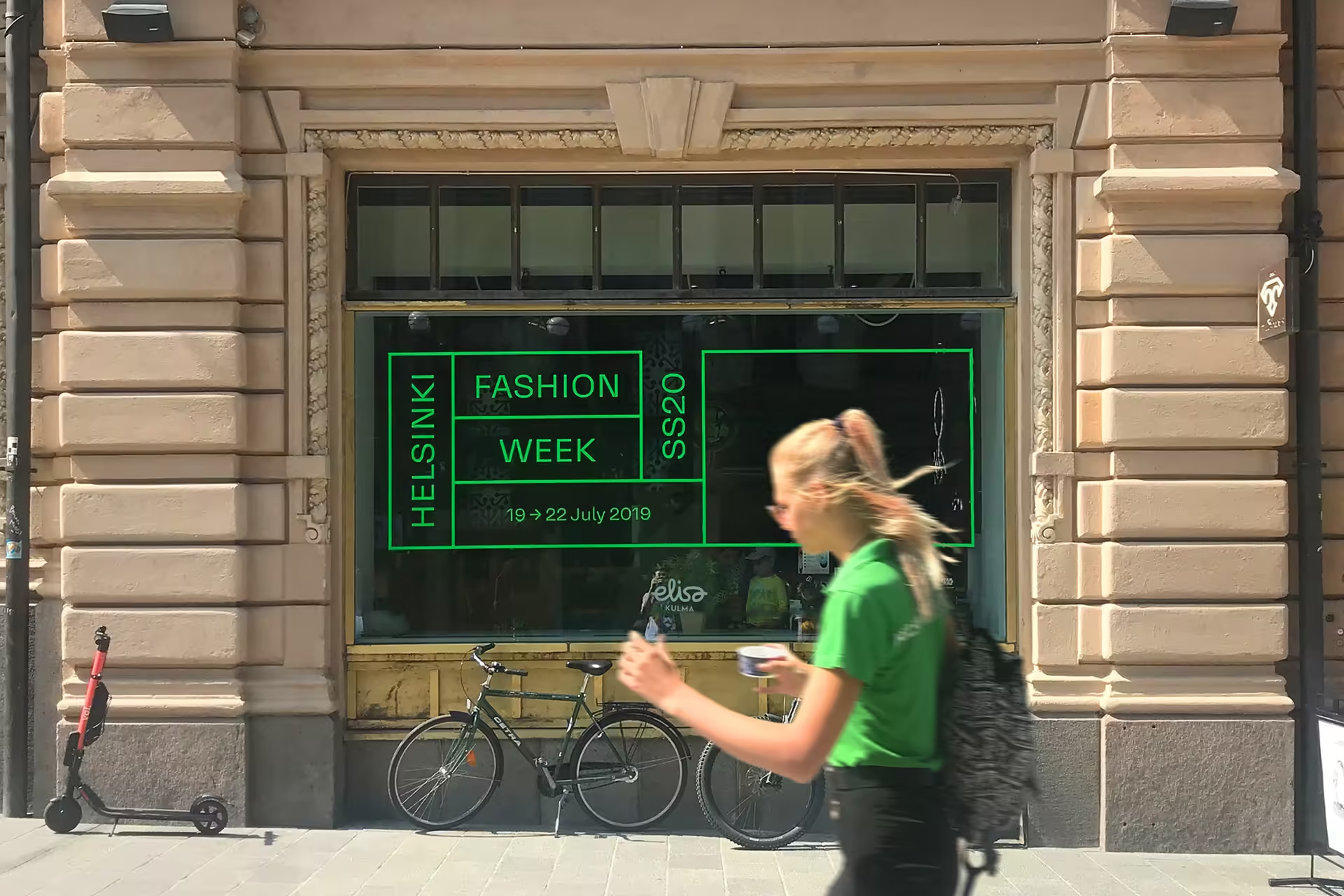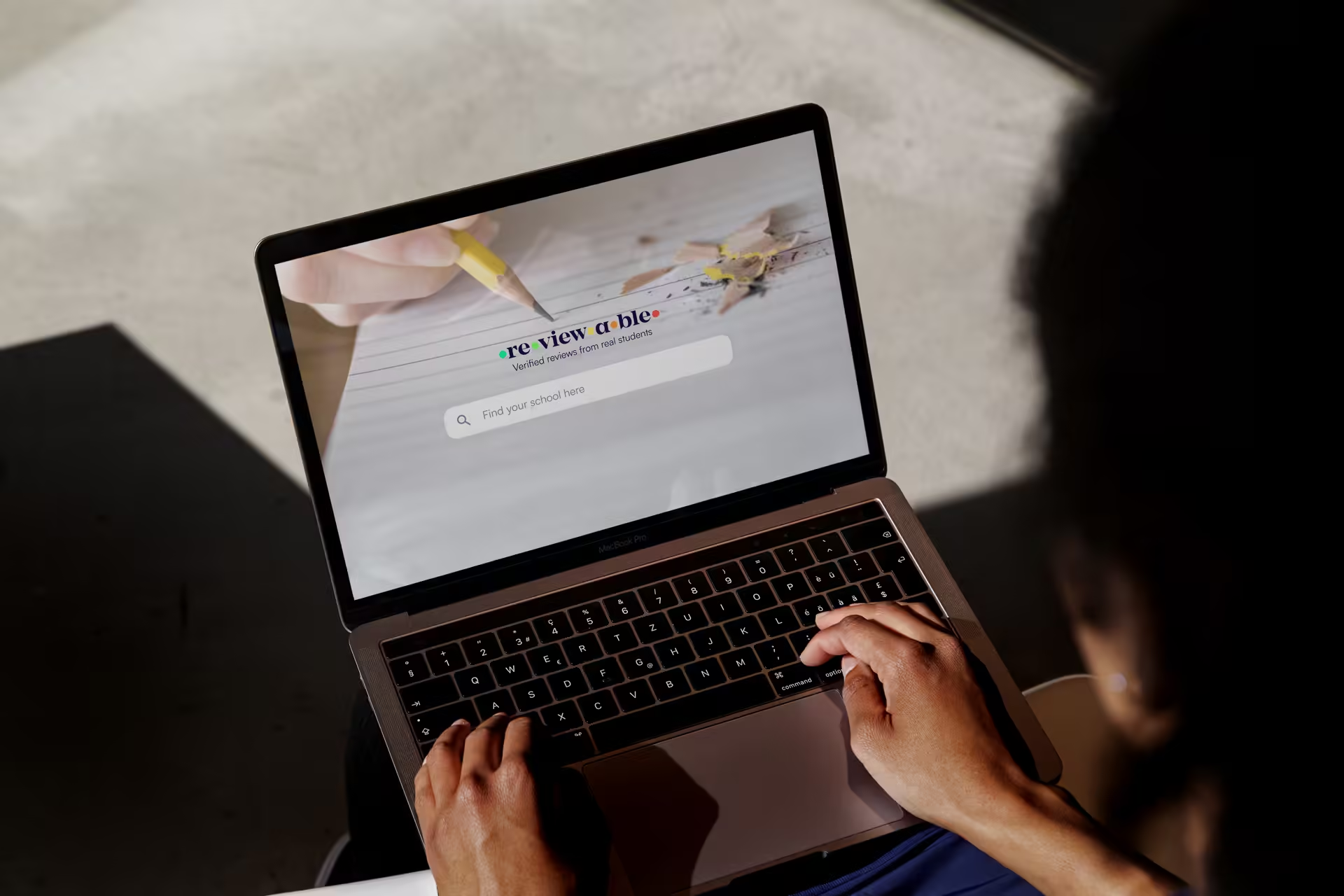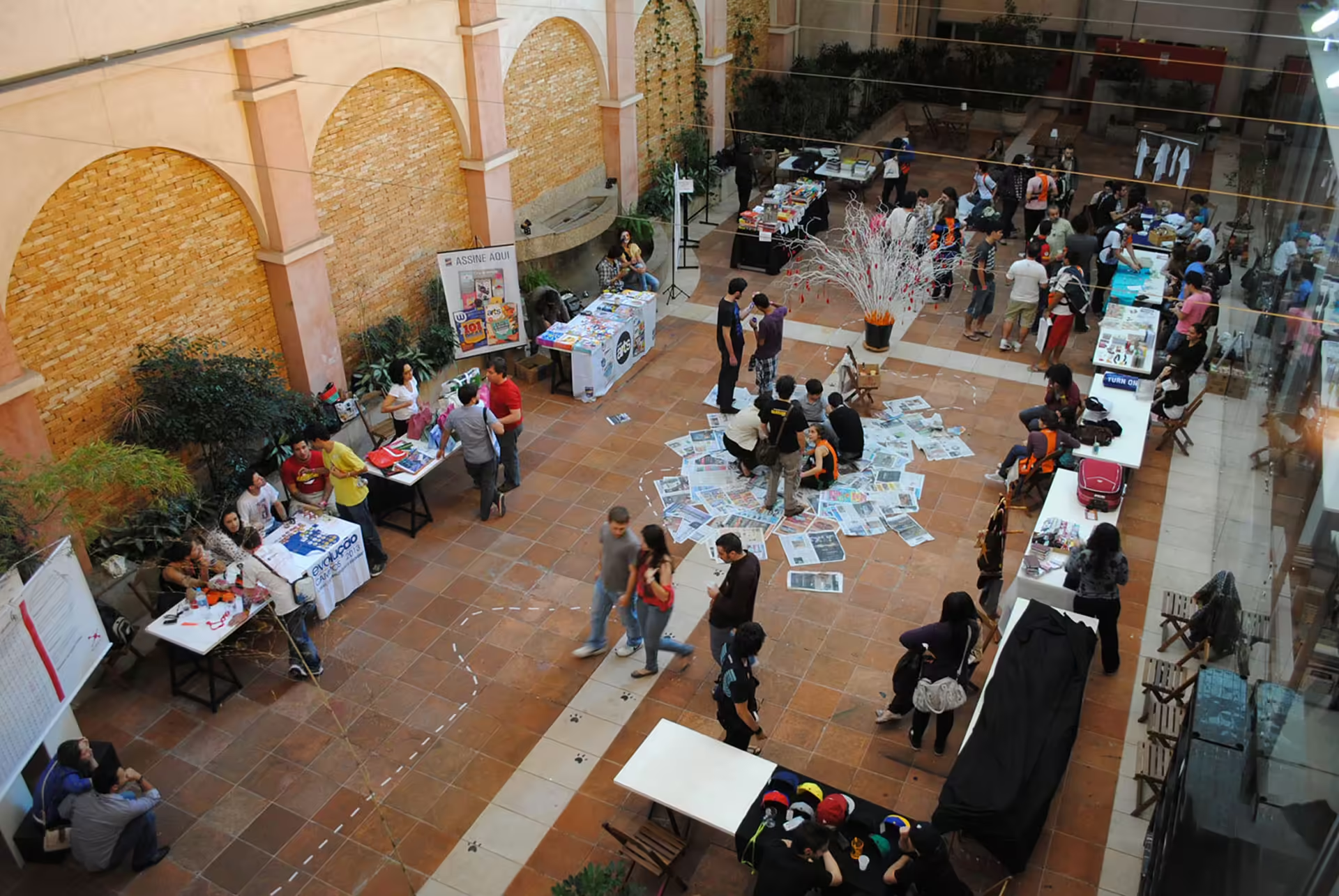
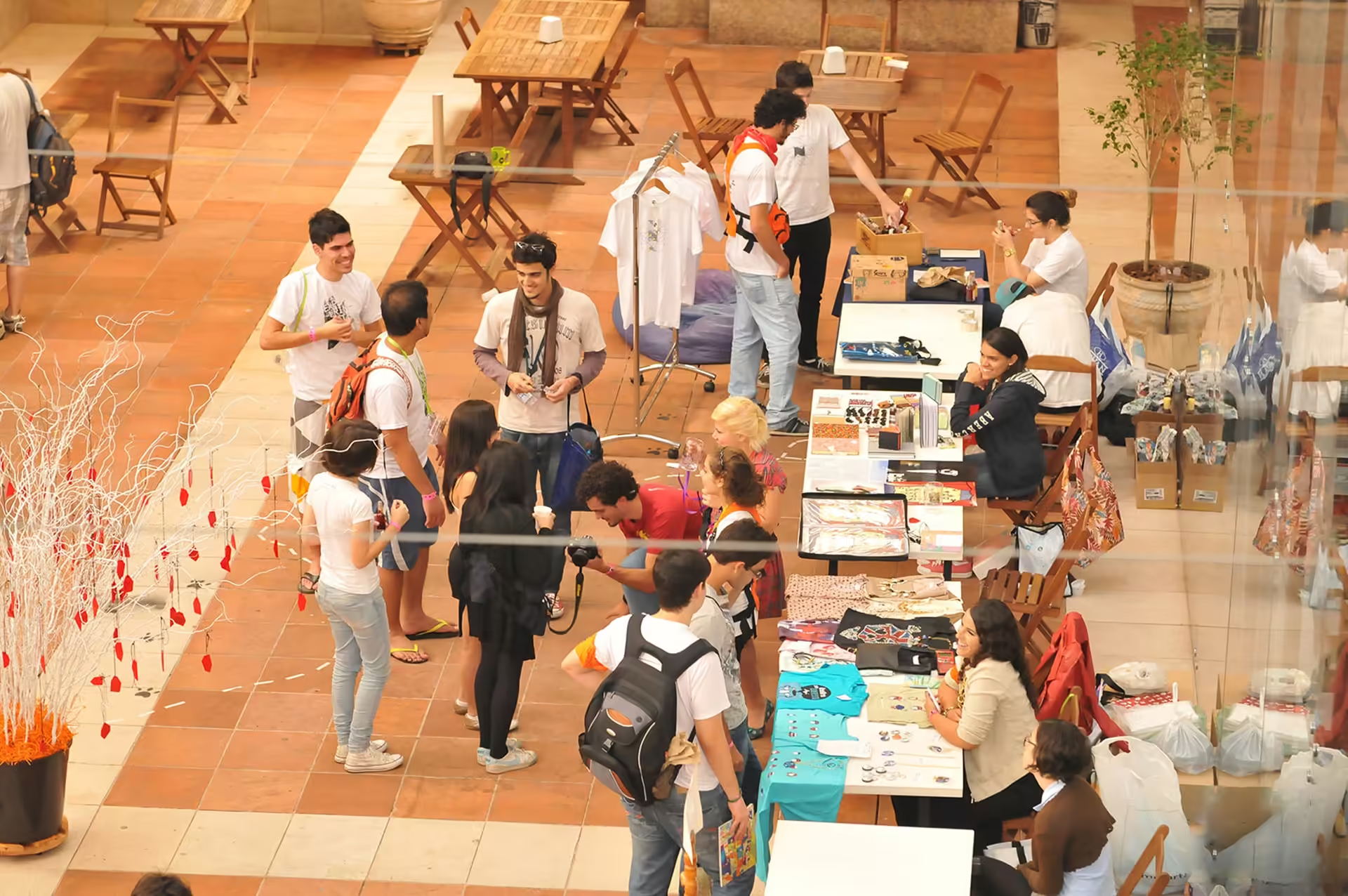
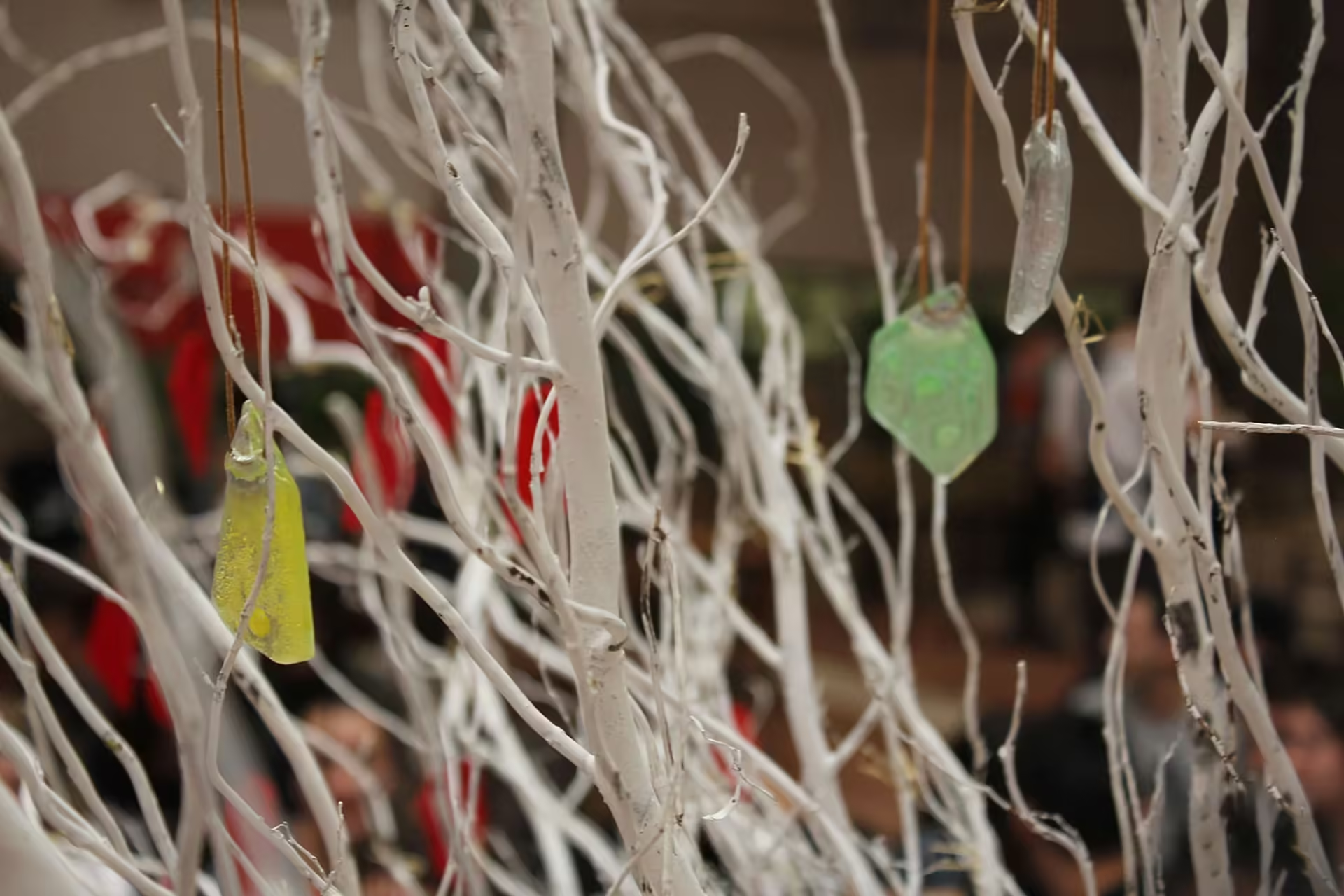
R LAB is a nonprofit design event that I independently organised from scratch as part of a committee of voluntary design students and recent graduates over the course of a year and a half.
Together we believed that dialogue and discussion amongst design students was lacking in São Paulo city. With this in mind, we conceptualised this event as a space for experimentation and collaboration: a laboratory.
In the final year of my design degree and joined by other design students, we started an independent committee to organise a design event in our hometown. Our intention was to bring a format of event that was not popular with design students in São Paulo. We worked together for approximately 15 months to make the event a reality. In the end, we were 18 members from 6 different universities in São Paulo state working in 8 different project areas.
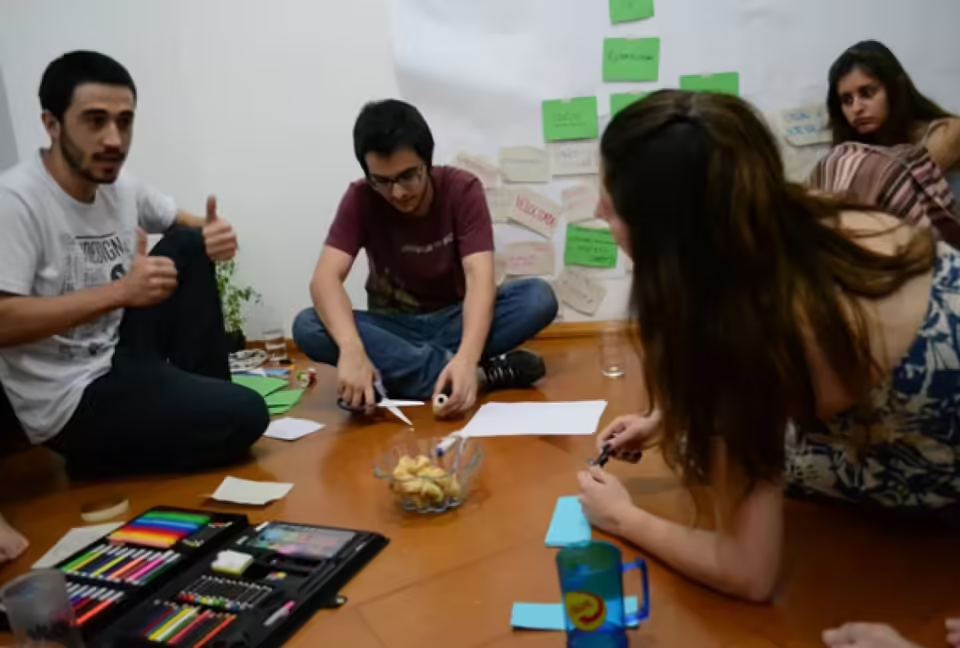
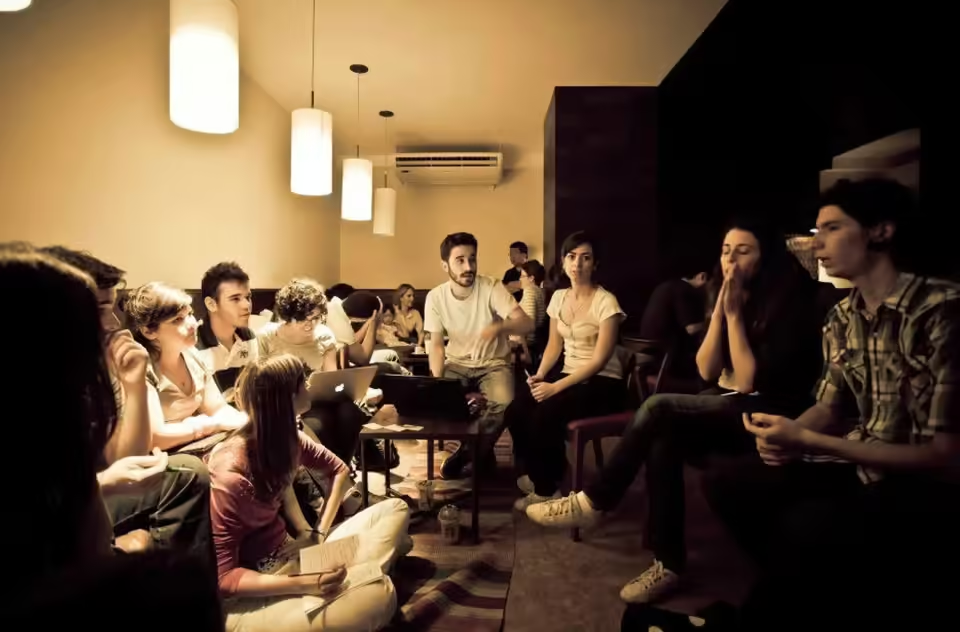
As part of the management team, I took on the role of Content Manager and was responsible for everything related to the content of the event. The content team and I defined all the themes and activities involved in the event, carefully selecting and inviting speakers and panellists. We also trained and coordinated around 40 volunteers. Additionally, I was involved in several other tasks that were necessary to make the event a reality.
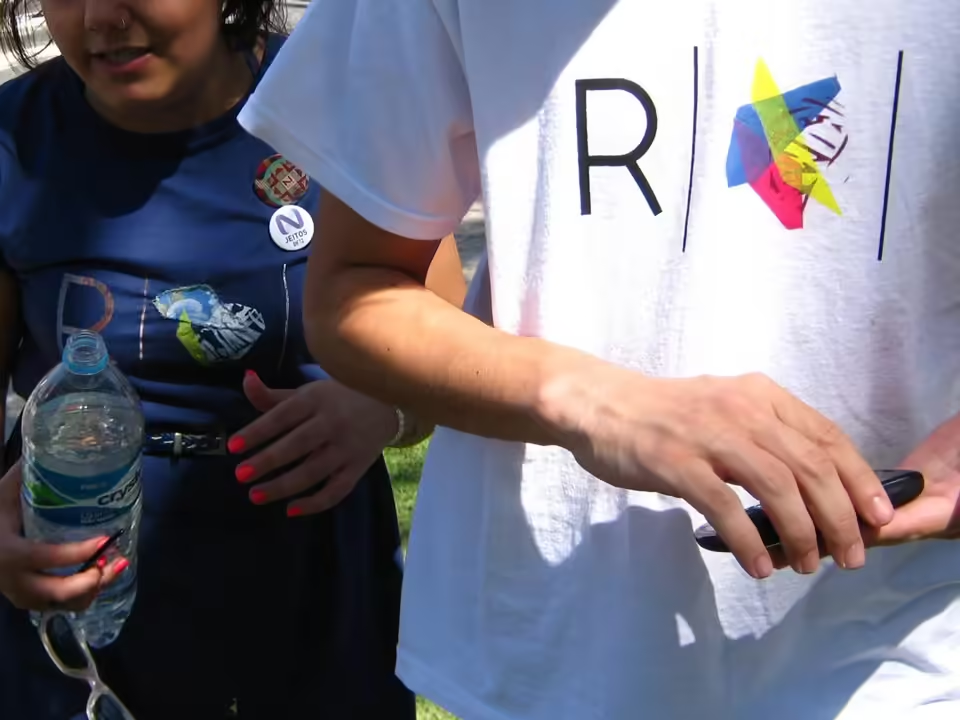
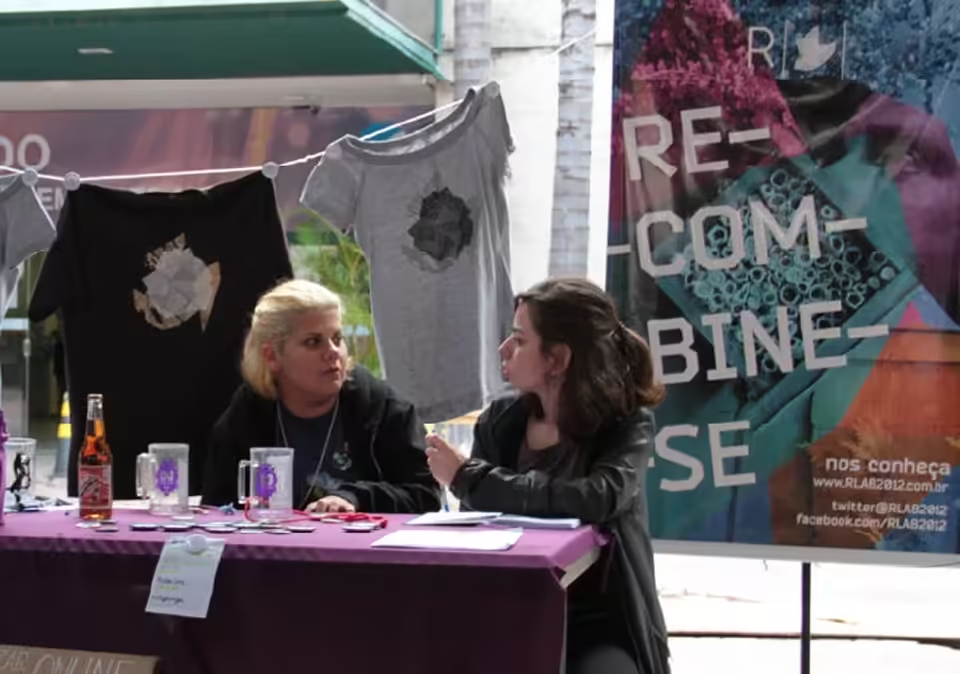
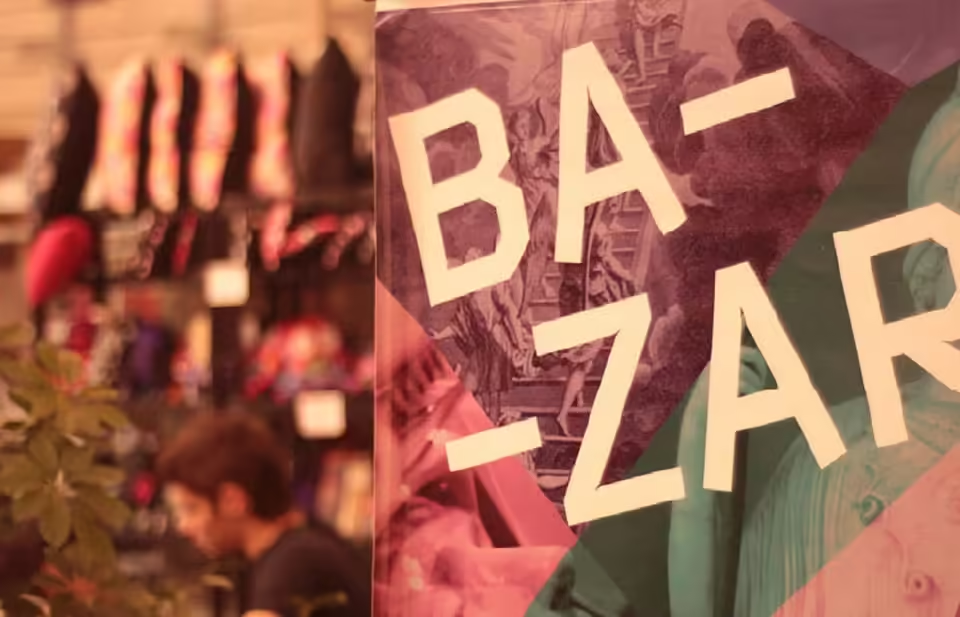
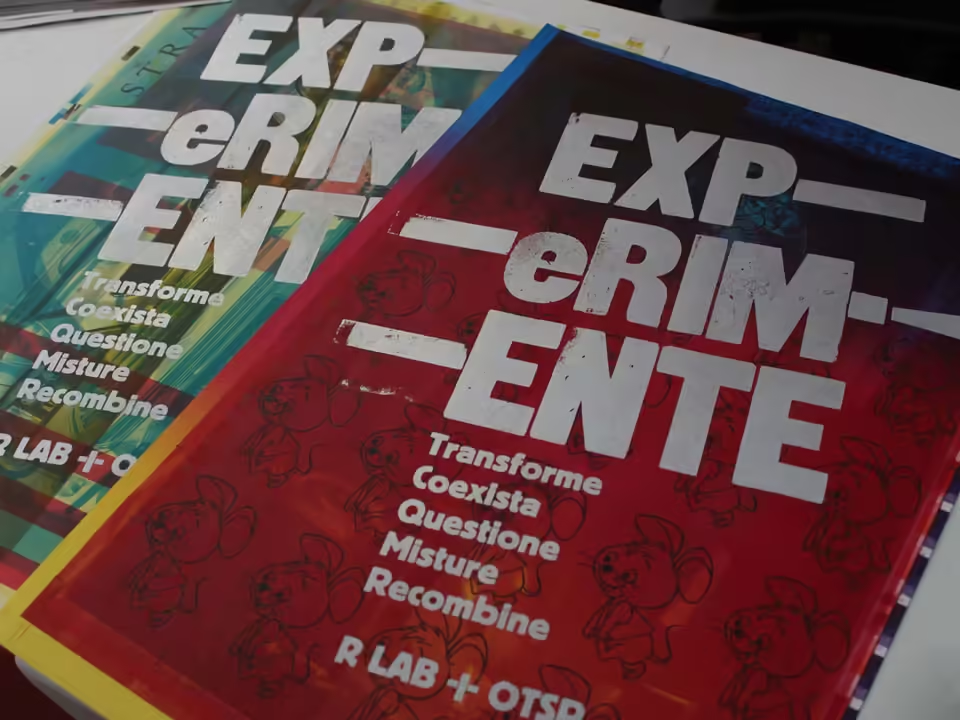
In order to reduce overhead costs, we partnered with companies, NGOs, design associations, universities, printers, supply stores, app developers, professionals and various other individuals. These partnerships helped us substantially lower the end costs of the event and of ticket prices. Our team raised direct funds with the sale of R LAB merchandising designed and produced by us and also through a successful online crowdfunding campaign.
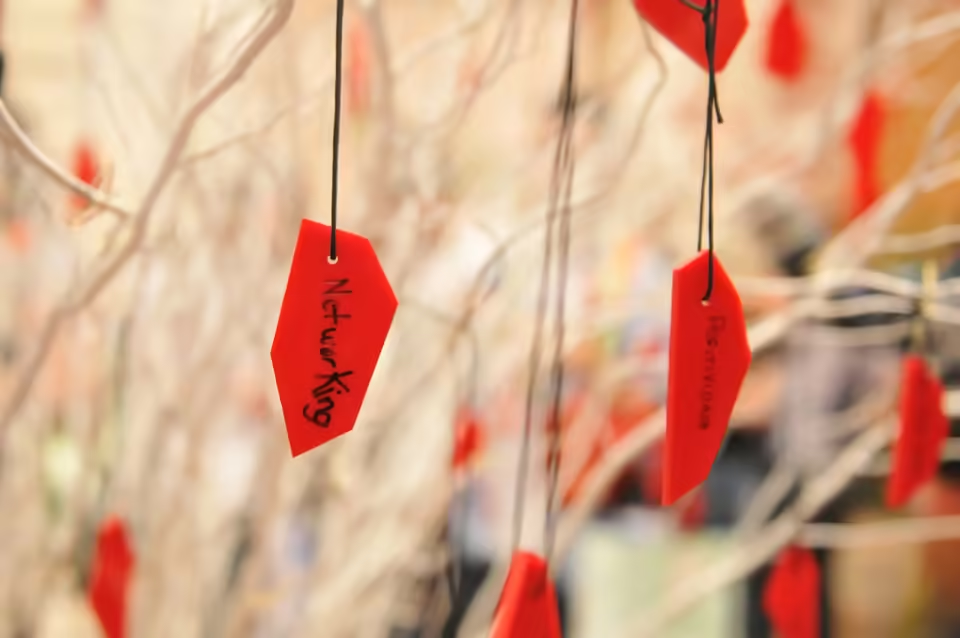
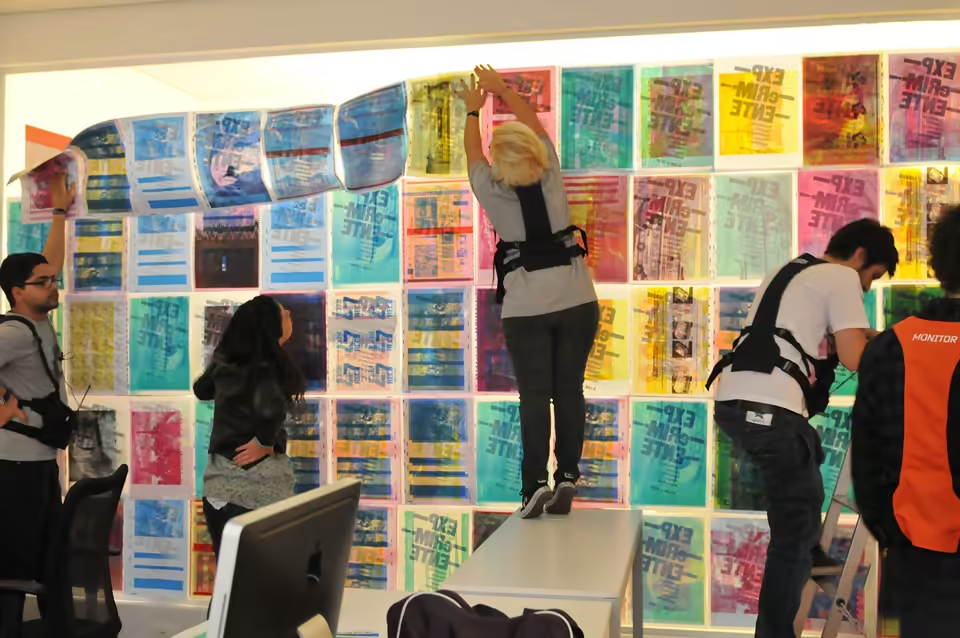
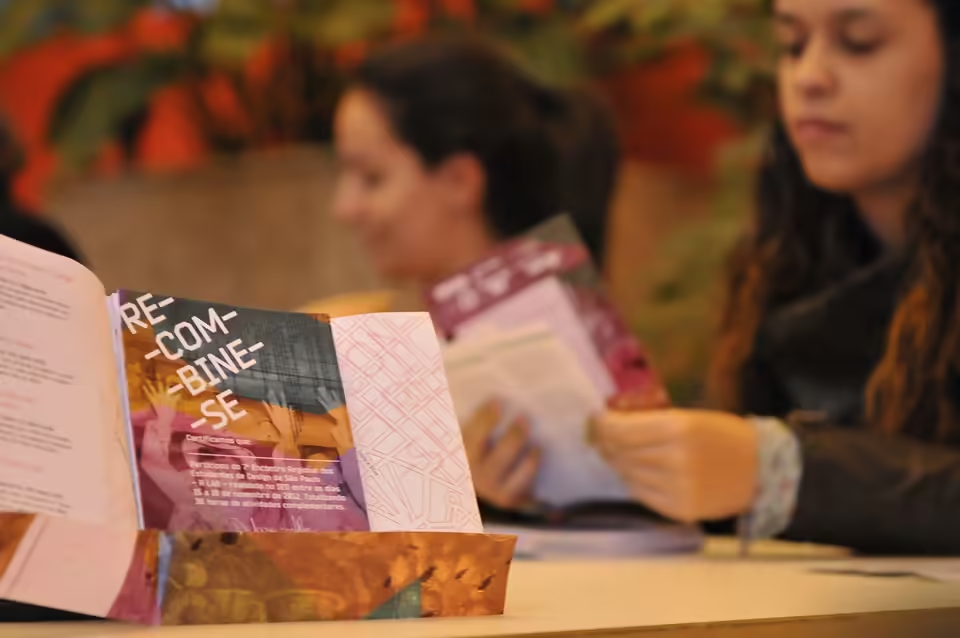
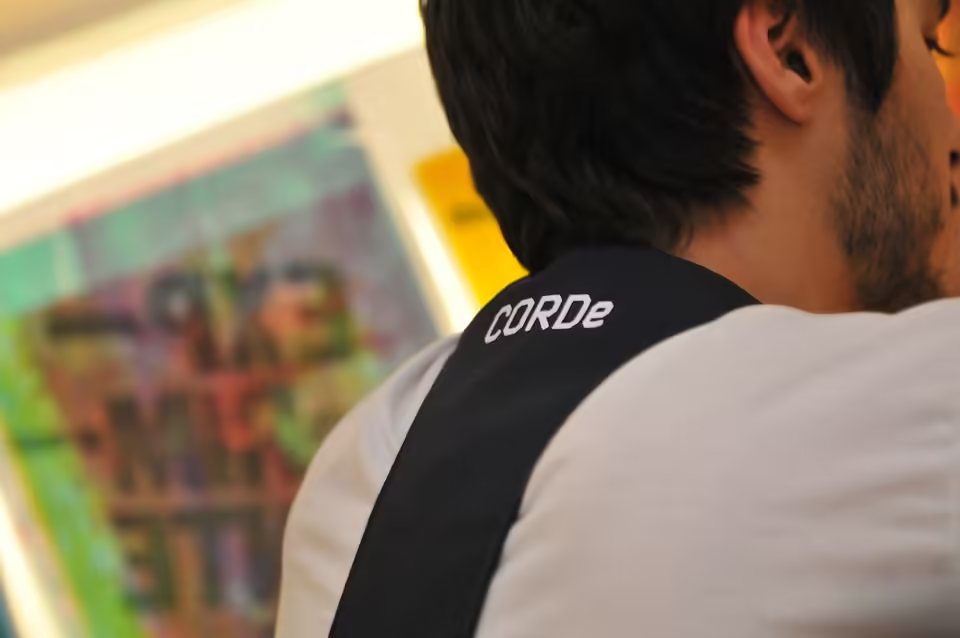
Together we designed the entire brand identity of the event. From the letterpress posters, signage, certificates, and many other offline materials to the whole online presence of the event as well.
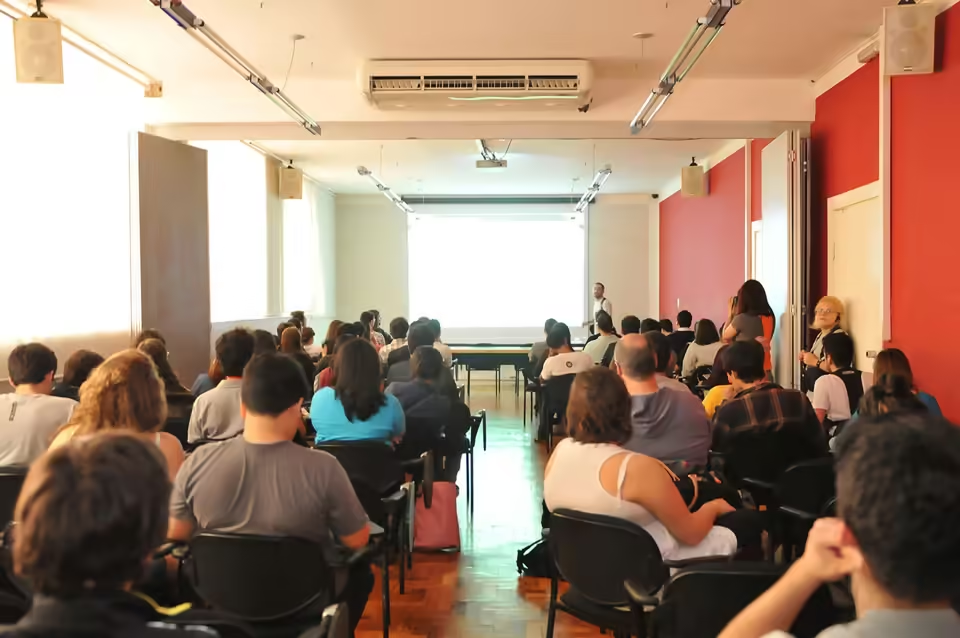
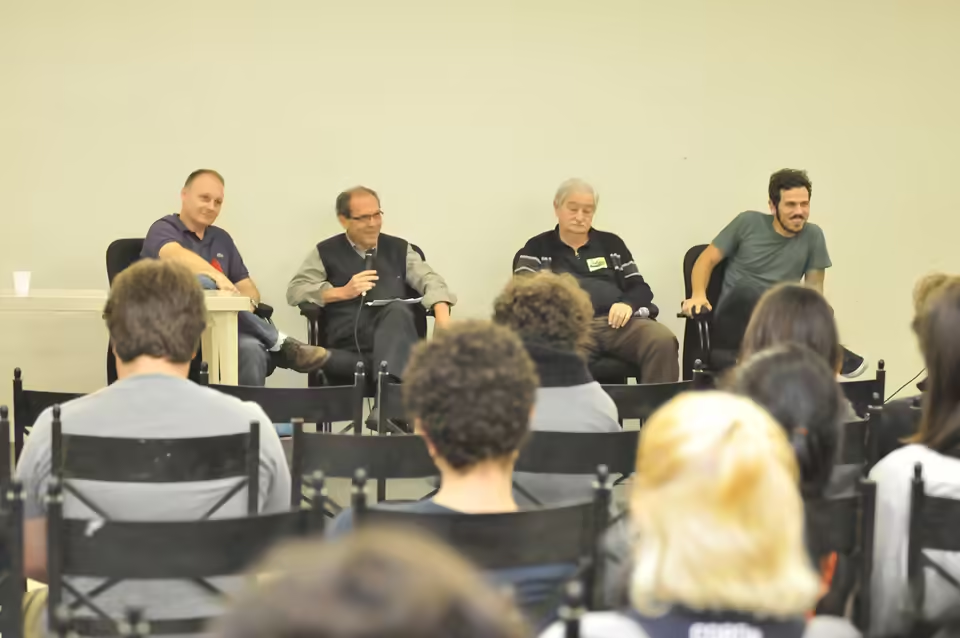
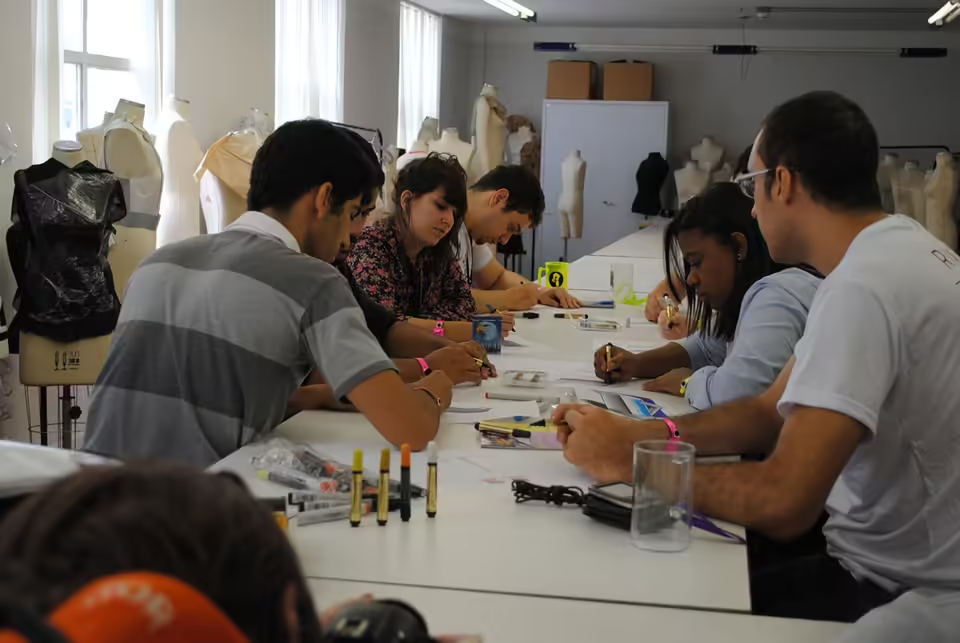
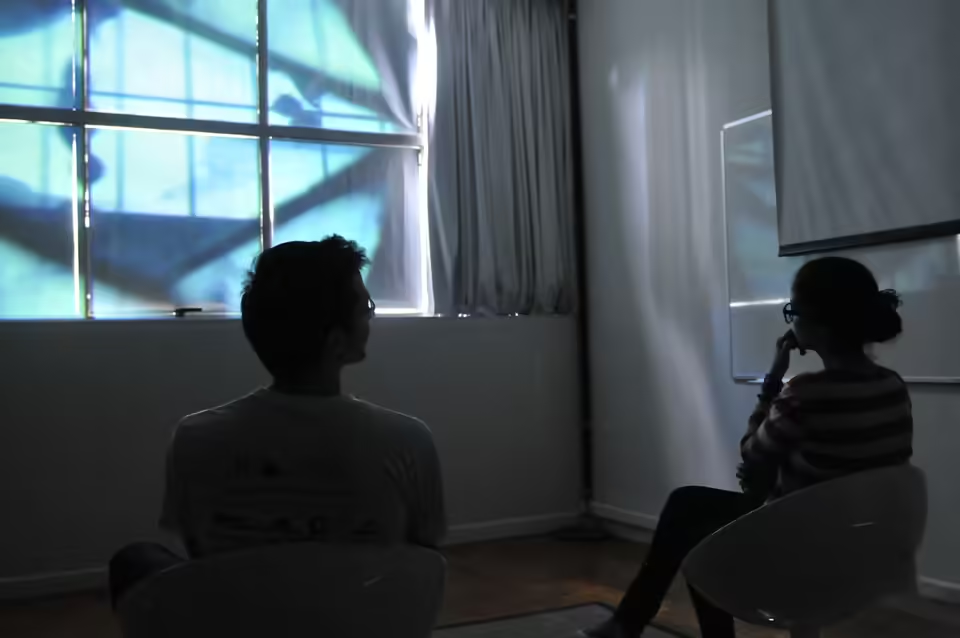
The event took place at Istituto Europeo di Design – IED São Paulo and received over 300 participants from all over Brazil. During 4 days, the event programme included activities such as lectures, talks, debates, panels and workshops from over 30 different industry professionals and academics from São Paulo.

As well as the professional and academic guests, we recruited over 80 design students as volunteers. They helped by working as event staff and photographers, while also being given the opportunity to run their own creative and technical workshops and present their design work. Activities offered by students represented about half of the event programme. The students could also apply to sell products they have designed and produced themselves.
